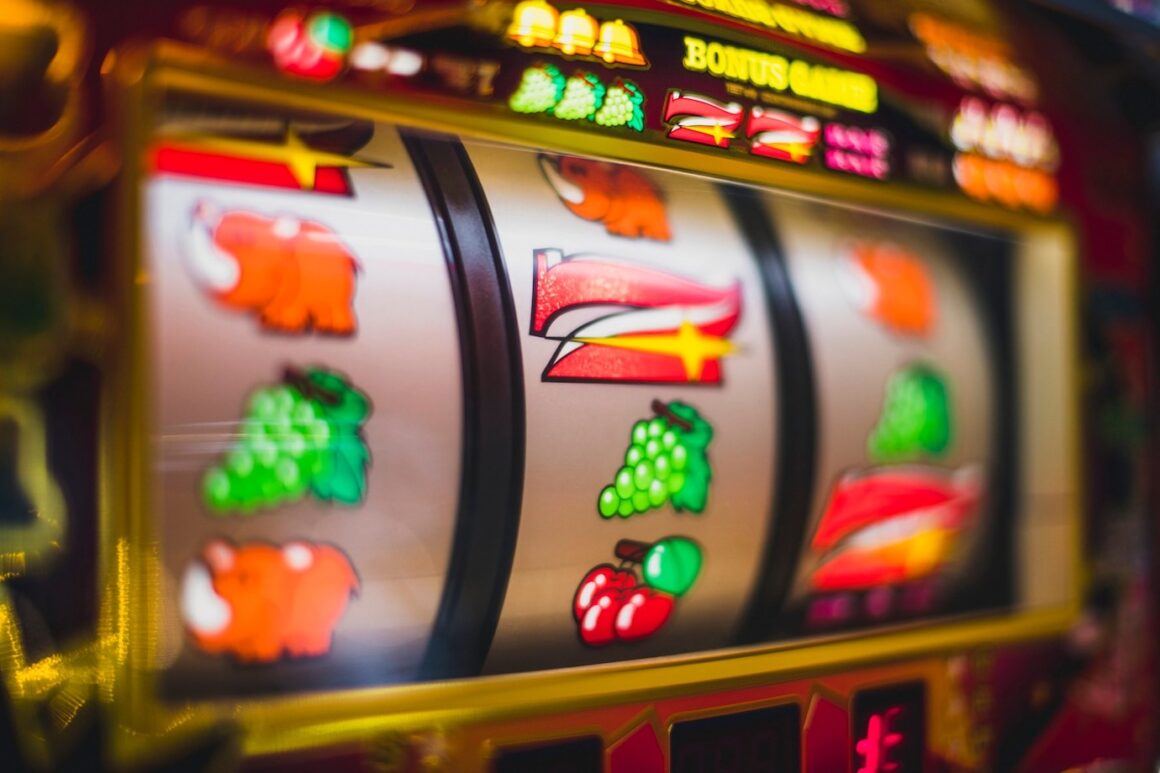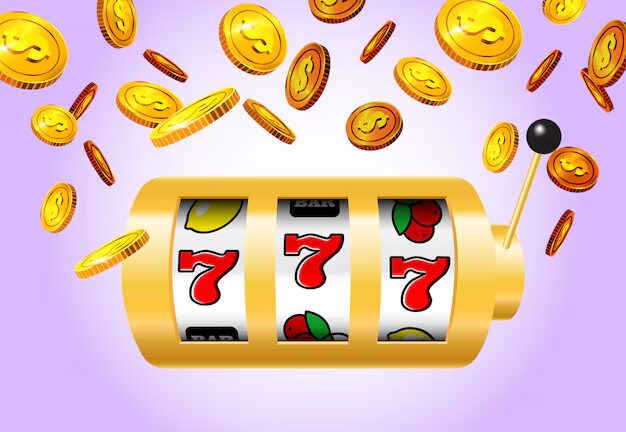Online slot games have captivated millions of players worldwide, offering both entertainment and the potential for a significant payout. With their flashing lights, engaging soundtracks, and exciting visuals, it’s no surprise that people keep coming back for more.
But why do we keep playing? What is it about these games that makes them so addictive, and what psychological factors are at play when we spin those reels? In this article, we’ll explore the psychology behind online slot games and try to understand the underlying reasons for their appeal.
The Thrill of Winning: Instant Gratification

One of the main reasons people love playing online slot games is the thrill of winning. Even though slot games are based on chance, the prospect of hitting a big win or a jackpot is enticing. Every time we press that spin button, there’s a small but exciting hope that we might get lucky.
The instant gratification of a win, no matter how small, triggers the brain’s reward system and releases dopamine—the same chemical that’s released when we experience other pleasurable activities.
The feeling of hitting a winning combination, even if it’s a modest payout, is enough to keep players hooked. Slot games are designed to provide a near-constant stream of rewards, which keeps the brain engaged and motivates players to keep playing.
These small wins may not always be life-changing, but they create a sense of accomplishment, keeping players coming back for more with OLYMPUS88.
The Power of Randomness: The Gambler’s Fallacy
One psychological phenomenon that plays a significant role in online slot games is the gambler’s fallacy. This cognitive bias leads players to believe that after a series of losses, a win is “due.” Slot games are designed with random number generators (RNGs), meaning the outcome of each spin is completely independent of previous ones.
However, many players fall into the trap of thinking that a win is more likely after a string of losses, which can fuel the desire to keep playing.
This belief can lead to an endless cycle of spins, as players convince themselves that their big win is just around the corner. This is often referred to as the “near miss” effect, where a player might come close to winning but doesn’t quite hit the jackpot. This near miss creates a feeling of hope and excitement, leading players to keep spinning in the hopes of that elusive win.
The Role of Gamification: Engaging Design and Features
Online slot games are designed with various gamification elements to keep players engaged and immersed. These features include vibrant graphics, engaging themes, and interactive elements that make the gaming experience more enjoyable. Many slot games also include bonus rounds, free spins, and other features that add excitement and give players a sense of progression.
Gamification taps into our innate desire for achievement and rewards. As players complete certain milestones or unlock new features, they experience a sense of accomplishment. These elements are designed to keep players invested in the game and motivate them to keep playing.
The combination of fun visuals, engaging gameplay, and rewarding bonuses creates a highly stimulating experience that’s hard to walk away from.
The Influence of Sound and Visuals: Creating a Sensory Experience

Sound and visuals are essential components of online slot games, and they play a significant role in attracting and retaining players. The flashing lights, music, and sound effects all contribute to the immersive experience, enhancing the emotional impact of the game.
When a player hits a winning combination, the sound effects amplify the sense of excitement, creating a positive feedback loop that encourages them to play again.
The use of sensory cues in online slot games can trigger emotional responses that make the experience more enjoyable. Bright lights, celebratory sounds, and animated sequences all work together to create a sense of thrill and satisfaction.
These sensory cues are designed to make players feel good and reinforce the idea that they are in a fun, rewarding environment, even if they’re not always winning big.
The Social Aspect: Connecting with Others
Another psychological factor that can contribute to the appeal of online slot games is the social aspect. Many online slot games have incorporated social features, such as leaderboards, multiplayer options, or the ability to share achievements with friends. This creates a sense of community and adds a layer of social interaction to the gaming experience.
When players share their wins or progress with friends, they feel a sense of validation and social connection. These social features can increase a player’s sense of belonging and encourage them to continue playing.
The desire to compete with others or show off achievements can also drive players to keep spinning the reels, as they seek to outperform their peers or climb higher on the leaderboard.
The Escape from Reality: A Form of Entertainment and Stress Relief
For many people, online slot games serve as a form of escape from the stresses of everyday life. Whether it’s a long day at work or personal challenges, spinning the reels provides a brief respite from reality. The immersive experience of the game allows players to focus their attention on something other than their worries, offering a sense of relaxation and entertainment.
The excitement of the game can also provide an emotional lift, as players temporarily forget about their problems and immerse themselves in the world of the slot game. This sense of escapism is one of the reasons why slot games are so popular—they offer a momentary break from reality, providing both entertainment and a way to unwind.
The Concept of “Chasing Losses”
A psychological trap that many slot players fall into is the idea of “chasing losses.” When players experience a loss, they may feel compelled to continue playing in an attempt to recover their money.
This behavior can be harmful, as it can lead to further losses and a negative cycle of gambling. The hope of recouping losses can be powerful, leading players to take bigger risks or play longer than they intended.
The psychology behind chasing losses is driven by the same desire for instant gratification that makes winning so appealing. When players lose, they want to quickly correct the situation by hitting a win, but this often leads to more frustration and loss. Understanding this psychological tendency is important for maintaining a healthy relationship with online slots and gambling in general.
Conclusion: Understanding Why We Keep Playing

The psychology of online slot games is complex and multifaceted, driven by a combination of instant gratification, randomness, gamification, sensory stimulation, and social interaction. These elements work together to create an experience that is engaging, thrilling, and often irresistible.
The thrill of winning, the excitement of near-misses, and the constant sensory feedback all contribute to why players continue to spin the reels time and time again.
Understanding these psychological factors can help players make more informed decisions about their gaming habits and avoid falling into unhealthy patterns. While playing online slots can be a fun and entertaining experience, it’s essential to be mindful of the psychological traps that may arise.
By recognizing these influences and setting limits, players can enjoy the game responsibly and make the most of the excitement without getting caught in a cycle of endless play.


